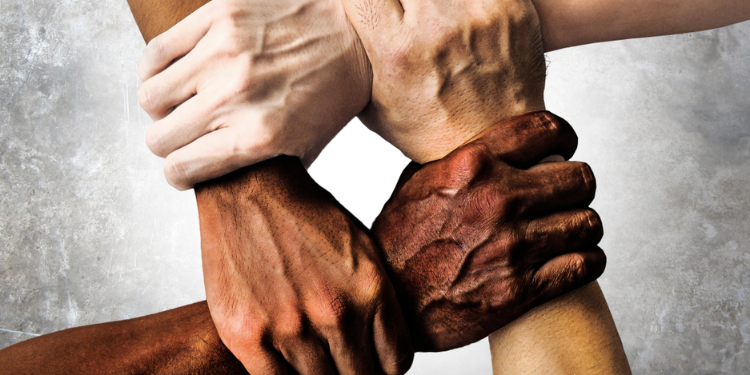
Again and again one will hear how living abroad changes you forever and what an incredible experience it is. And yes, expats always have good stories to tell about their life abroad. But it is important to tackle the flip side of the coin from time to time and sometimes, it takes the form of xenophobia. What are instances expats have encountered xenophobia while living abroad and how have they dealt with it?
The global village, as predicted by the philosopher Marshal McLuhan is driving towards homogeneity, today faster than ever. Many large environments have become an epitome of “melting pots” blooming on the social media with their perceived freedom. However, just as there is love, the opposite takes its turn, as a constant element that we today recognize by the terms racism and xenophobia. The word xenophobia comes from the Greek words xeno and phobia, and means fear of those who are foreign or strange. It is a notion of non acceptance of the other on the basis of visible differences (in that case it is racism) or can be just for belonging to a different group. Xenophobia, racism and nationalism have led to monstrous crimes against humanity in our recent past, and while the world is publically ashamed of the past atrocities, the roots of aggression never ceases to exist and in every corner of the world.
Unfortunately, expats would be the first to experience xenophobia as individuals who have settled in a country that is not their country, where they differ by citizenship, upbringing or more visual traits like skin colour.
Nikhil is a 31 year old software engineer from Bangalore, India and the young man has changed countries because of the persecution he was subject to because of the color of his skin. He has lived in Brazil, Italy and is currently in Germany working for a large multinational company. He likes living in Europe although he does believe that the whole continent can, at times, show a lack of tolerance. He remembers times in Italy when he had been called names just because of the color of his skin. “Once I was walking down the street in Milan and two guys started shouting “boom, boom” at me, implying that I might be a terrorist.” He particularly remembers a New Year celebration in Rome that had gone very wrong: “Some guys were being racist to a friend and I and we just couldn't stand it anymore.” The mixture of alcohol and provocation ended with a fight and a New Year's eve at the hospital.” Ironically none of the doctors were keen to check on us and we eventually left. I paid taxes and worked honestly in that country so I see no reason to be treated as a burden or a threat.” Moving to Germany seemed easier. “People tend to be more helpful. However the discrimination stays. I get checked for my documents too often, and same is for my Indian friends here. Ironically, no white person around me gets to be asked for an ID. It is degrading.”
But xenophobia is not always only directed at people with different skin color. As a matter of fact, it can exist just on the basis of the country of origin, in which case it is called nationalism. Filip is 25 years old and comes from Northern Macedonia. Filip is a serial expat and has spent a few years living in the Kingdom of Bahrain, an island country in the Persian Gulf. He did have a wonderful time there, he says, but there were times when he felt judged because of where he came from. “I have felt like I have often not been offered a position that I was qualified for in Bahrain just because I am Macedonian.” But Filip met his wife in Bahrain and ended staying there. Today, he does believe that the intercultural Nevertheless he managed to overcome the difficulties and now lives happily with his wife stating that an intercultural marriage brings even more joy and love in their family.
Beata is a 40 years old French writer originally coming from Rwanda. She moved to France when she was little and has been living there ever since. Currently living in Bordeaux, she works for a French magazine, but also as a manager of a suicide prevention program. Today Baeta does not feel the racism too much, but she does remember times of bias when she was younger: “I experienced discrimination when, as a student, I was looking for a flat to rent. As I don't have an accent, I would get positive responses on the phone but once I met the landlord, it would be a completely different approach.” Beata remembers times when even her peers would show hostility: “In high school one student came to me and said in an aggressive tone that they would vote “us people” out as soon as they turned 18!". Beata has, despite it all, founded her family and currently lives in Bordeaux, advocating for respect and understanding through her position as a writer and her engagement within the community. She does not experience violent behaviors in her everyday life, but expresses worry about the future and the awareness of the people to the dangers of nationalism. She is adamant that one does not have to be an extreme right partisan to be party to xenophobia.



















